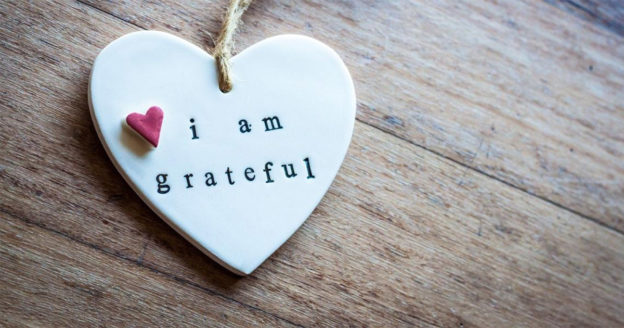Gratitude is an incredibly important part of a truly healthy addiction recovery. It takes time to get here, so don’t expect gratitude to come easy in the beginning. Addiction is a powerful disease that can make people selfish, which is why some addicts develop an attitude of, “It’s me against the world.” This type of thinking is a defense mechanism used to excuse negative behaviors.
Once you start practicing gratitude, you no longer have to focus on the misery that addiction has caused. You can change the way you think and enjoy a higher quality of life as a result.
Why is Gratitude an Asset to Addiction Recovery?
The benefits of practicing gratitude are well-documented and backed by science. According to research, being grateful leads to:
- Optimistic thinking
- Improved energy
- Greater control of your life
- Strength when dealing with challenges
- Stress reduction
- Longer lifespan
All of these benefits are important for people on a daily basis. However, as you receive addiction treatment, they become even more pronounced. By changing your thinking patterns, you can change your substance abuse patterns.
How to Instill More Gratitude in Your Life
Gratitude is not something that is automatically injected into your life. It takes time and effort to change your thinking. This is why it’s important to focus on gratitude while in rehab. Here are a few tips for doing so.
-
- Appreciate the simple things. Your recovering brain may be trying to tell you that you have nothing to be grateful for, but don’t let it win. Were you able to get out of bed this morning? Do you have eyes to see with and ears to hear with? By appreciating the little things in life, you begin to see that you don’t have it the worst.
- Be grateful for your recovery. It’s normal to miss some parts of your old life while (trying) not to be resentful. Be grateful for your sobriety and the things you have learned along the way, such as your best friends and the things people value most about you. Recovery is a process, but it’s a learning experience, too.
- Help others. Volunteer your time at a cause is important to you. When you’re out and about, help others by holding doors open, picking up trash, and putting away chairs after a 12 step meeting. These feelings cultivate gratitude and remind you that you are a valuable member of society.
- Practice meditation. Meditation is extremely powerful in helping you connect with your inner self. Why do you feel the way you do? What is your purpose in life? What is the meaning of this pain? The more you practice meditation, the easier and more effective it becomes.
- Make a gratitude list each morning. Start your mornings off right by making a gratitude list. You can keep this list in your phone, write in a gratitude journal or simply talk through the things you’re happy to have in your life. Practicing this daily gets you in the habit of thinking positively.
It takes effort to focus on gratitude, but it gets easier over time. When you are grateful for the things in your life, even if it’s just a sunny day, you will feel eternally blessed. To begin dual diagnosis treatment in Agoura, contact Awakenings Treatment Center today.








